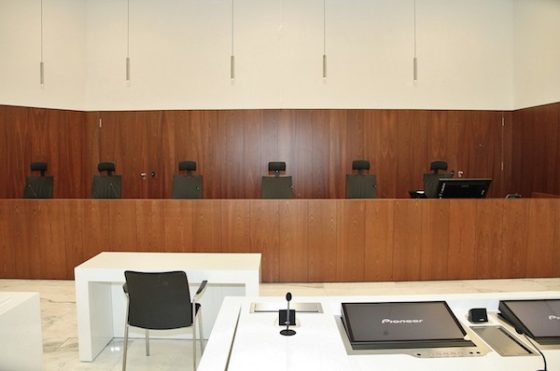King Willem Alexander summoned to court over “illegal” judicial powers


King Willem-Alexander has been summoned to court this week, for a lawsuit about what campaigners say is his illegal role and influence over the Dutch legal system.
First filed over two years ago, the plaintiffs – republican movement Republiek – say they are interested to see whether the king will turn up, which is unlikely.
But this is what the case is fundamentally about – the role of the monarch in the Dutch legal system and his rights when legal action is being taken against him or when he is taking action for, for example, breach of privacy.
Republiek is suing both the monarchy and the Dutch state for breaching Article 6 of the European Convention on Human Rights, which requires a fair trial for all people.
Republiek spokesman and former journalist Floris Müller, told Dutch News that ‘as democrats, we see that according to the law everyone is equal – except when you’re a king’.
The European convention, for example, requires both independence and the appearance of independence for a fair trial to take place. But in the Netherlands, judges are appointed by the king and must pledge their loyalty to him before being appointed. Lawyers also have to make the same pledge before being admitted to the bar.
Portrait
‘Proceedings are not equal if there is a portrait of your opponent hanging behind the judge – even if the judge is an independent person,’ says Republiek lawyer Ewout Jansen.
The case is a first in any of Europe’s twelve remaining monarchies. If unsuccessful, Republiek intends to take the case to the European Court.
If successful, Republiek could succeed in abolishing the procedural privileges of the monarchy, and eradicating all symbols of the king from Dutch courtrooms. The lawsuit has drawn considerable public support – raising almost €40,000 through an online fundraising campaign.
The state’s defence asserts the king’s role in court proceedings is completely symbolic and he has little real power – even though this system is non-binding.
‘Everybody says the king has all this power, but that he just doesn’t use it, as if he’s some kind of superhuman. We know that isn’t the case,’ Müller said.
The first day of hearings is on December 14.
Thank you for donating to DutchNews.nl.
We could not provide the Dutch News service, and keep it free of charge, without the generous support of our readers. Your donations allow us to report on issues you tell us matter, and provide you with a summary of the most important Dutch news each day.
Make a donation